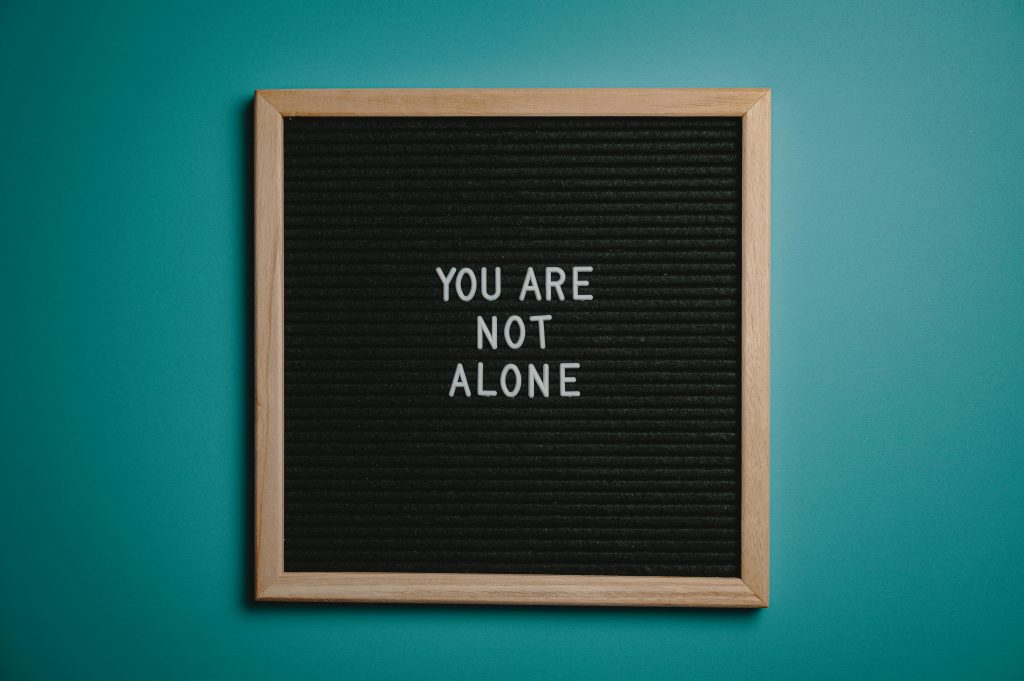
Supporting people with disabilities (PWDs) shouldn’t be tricky or uncomfortable. In fact, being accommodating toward PWDs should be like accommodating anyone else, yet you might worry if your support comes across as truly helpful or unintentionally patronizing.
If you’re burdened by such concerns, here are 5 ways to be an ally to PWDs without creating misunderstandings or making social situations awkward:
Always Ask, Never Assume
Even the best intentions don’t necessarily result in the best decisions. While you may be compelled to offer your help to a PWD without being asked – which is a great quality – not everyone wants or needs assistance even if they’re struggling.
Many PWDs, just like many others without disabilities, may enjoy tackling certain difficulties themselves, or simply desire to exercise their independence. So instead of acting based on your own sense of morality, it’s always best to ask if your assistance is required.
A simple, “Hi, is there any way I can help?” is amply polite and rightfully gives agency to the PWD to accept or refuse. If they say no, don’t be offended — it’s all about respecting autonomy.
Use Person-First Language
When referring to someone with a disability, it’s generally best to put the person first before their disability. For example, saying “person with a disability” generally has a more positive connotation than saying “disabled person”. It’s a subtle difference, yet person-first language implies that you acknowledge that disabilities are simply one aspect of PWD’s identity, and not their defining characteristic.
That said, not everyone likes person-first language. Some prefer identity-first language, while others have no preference whatsoever. If you’re afraid of operating under assumptions, you could always fall back on the previous suggestion and ask which terms a PWD prefers.
Be Mindful Of Personal Space
Wheelchairs, canes, service animals—these aren’t public property. Don’t lean on someone’s wheelchair or pet their service animal without permission. All of the aforementioned help maintain and promote a PWD’s independence, so touching them without consent is oftentimes invasive, potentially even harmful.
For example, it’s not a good idea to pet or play with a service animal while it’s assisting a PWD, as such activities can distract the animal from doing its job effectively. Remember, a PWDs reliance on a service animal might be significant, so potential distractions can be physically and emotionally harmful.
Just consider their assistive tools as an extension of the person, and you’ll avoid awkward situations with ease.
Don’t Provide Unsolicited Advice
You might find yourself jumping into problem-solving mode as soon as someone mentions their disability. But often, PWDs aren’t looking for solutions — they’re just sharing an experience.
Before you start doling out advice regarding circumstances you can’t relate to, take a step back and listen. Ask questions if needed, but resist the urge to “fix” things unless you’re specifically asked for solutions.
Respect Communication Preferences
Not everyone communicates in the same way, and that’s perfectly fine. Some people with disabilities might use sign language, communication boards, or typing to speak, while others might simply take a little longer to respond verbally. Be patient, respect their method of communication, and don’t rush them.
Also, if you’re talking to someone who uses a wheelchair or sits lower than you, consider sitting down yourself. This creates a more comfortable, eye-level conversation, and it’s less awkward than looming over them.
References
Hand in Hand (2014) How to Stop Being Awkward with Individuals Who Have Disabilities Right Now [Accessed 15 September 2024] Available at: https://www.handinhandqc.org/blog/how-to-stop-being-awkward-with-individuals-who-have-disabilities-right-now
Andrew Pulrang (2021) 6 Ways To Be A Better Friend To A Disabled Person [Accessed 15 September 2024] Available at: https://www.forbes.com/sites/andrewpulrang/2021/06/18/6-ways-to-be-a-better-friend-to-a-disabled-person/
Nancy DeVault (2022) 15 Ways to Show Kindness to People with Disabilities [Accessed 15 September 2024] Available at: https://www.ameridisability.com/15-ways-to-show-kindness-to-people-with-disabilities/